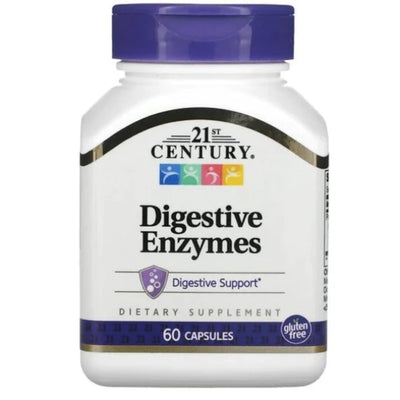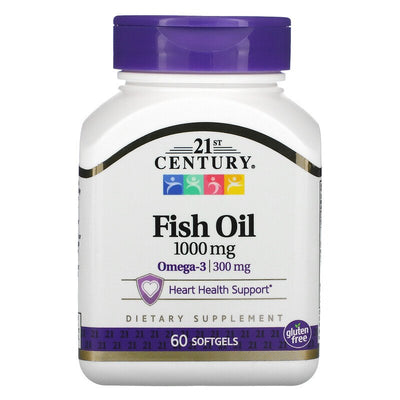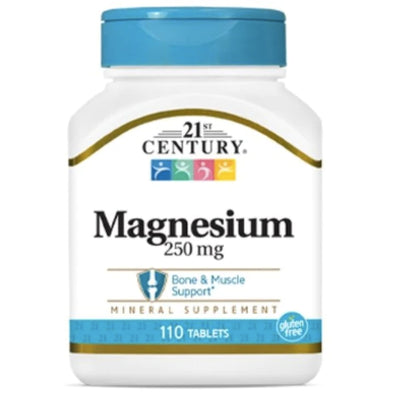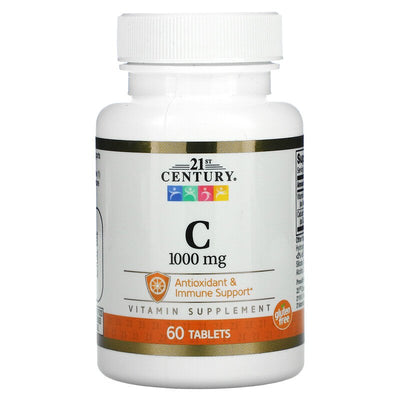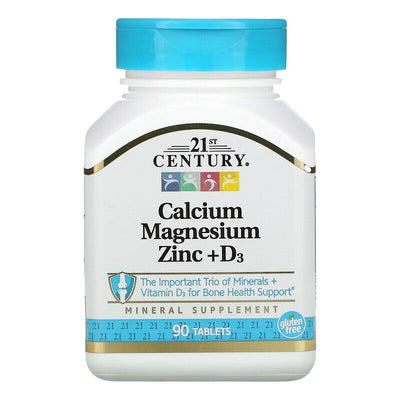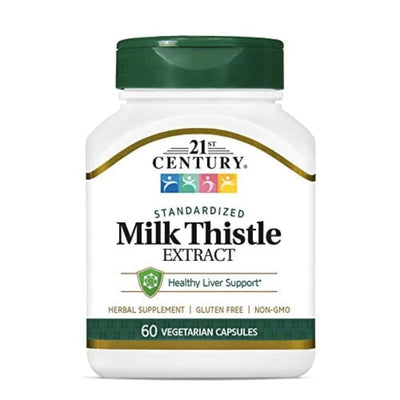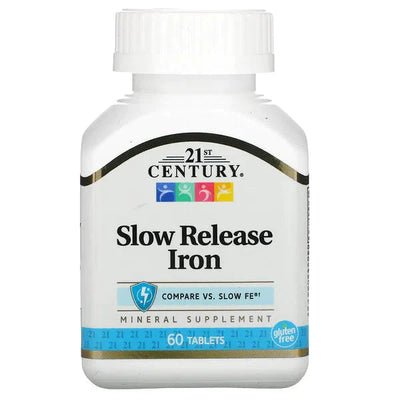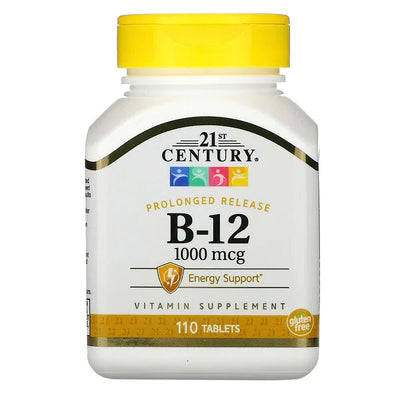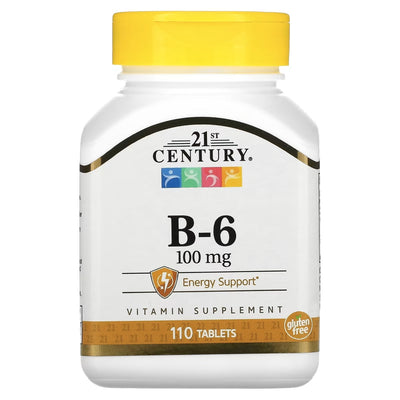
Protein Myths Debunked: Separating Fact from Fiction
Myth 1: More Protein is Always Better
Fact:
While protein is essential for muscle growth and repair, consuming more than your body needs can have diminishing returns. The body can only utilize a certain amount of protein at a time. Excess protein can be stored as fat or exert stress on the kidneys over time. For most people, a balanced intake that meets but does not greatly exceed their daily protein requirements is sufficient for health and muscle development.
Myth 2: Protein Only Matters for Bodybuilders
Fact:
Protein is essential for everyone, not just those looking to bulk up. It's vital for general health, muscle maintenance, hormone production, and other bodily functions. Children, teenagers, pregnant women, and older adults particularly need adequate protein to support growth, repair, and overall health.
Myth 3: Plant-Based Proteins Are Incomplete
Fact:
While many plant-based proteins are considered "incomplete" because they lack one or more essential amino acids, this doesn't mean they can't meet all amino acid needs. By consuming a variety of plant-based protein sources throughout the day, such as grains, legumes, and seeds, vegetarians and vegans can easily obtain a complete amino acid profile.
Myth 4: High-Protein Diets Are Harmful to Kidneys
Fact:
For healthy individuals, a high-protein diet does not harm kidney function. This myth stems from the fact that in people with pre-existing kidney disease, high protein intake can exacerbate the condition. However, for people with healthy kidneys, there is no evidence to suggest that a high-protein diet is harmful.
Myth 5: You Can Only Absorb 30 Grams of Protein per Meal
Fact:
The amount of protein absorbed by the body varies based on several factors, including the source of protein, overall diet, and individual metabolism. While consuming more than 30 grams of protein in one meal might slow the absorption rate, the body can still utilize more than 30 grams for muscle repair and other functions throughout the day.
Myth 6: Protein Powders Are Only for Young Athletes
Fact:
Protein supplements can benefit various groups, not just young athletes. Older adults can use protein powders to help preserve muscle mass, manage weight, and provide nutritional support when dietary protein intake may be lacking. Protein powders are also useful for busy individuals who might need a quick and convenient source of high-quality protein.
Conclusion
Understanding the truth about protein can help you optimize your health without falling prey to common misconceptions. Whether you're an athlete, a busy professional, or just someone trying to maintain a healthy diet, it's important to consume an appropriate amount of high-quality protein according to your body’s needs. For those looking to supplement their protein intake, a wide range of options is available at retailers like Supps247, which cater to diverse dietary preferences and nutritional requirements. Remember, it's always a good idea to consult with a healthcare provider or a nutritionist to tailor your protein intake to your specific health circumstances and goals.







